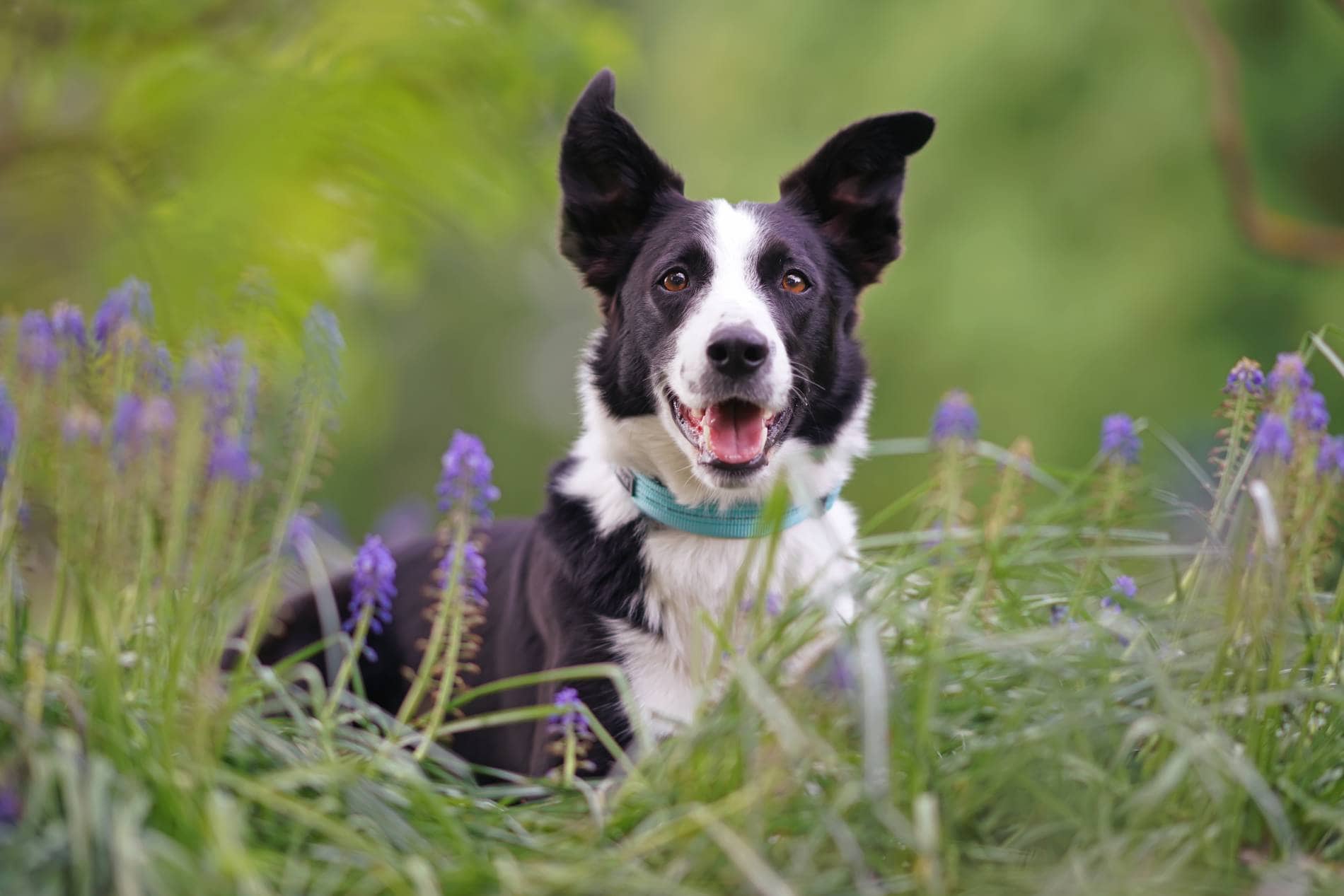So, you think you know Beagles? These lovable dogs are famous for their droopy ears and doe-eyed expressions, but there’s so much more to them! Jump right in as we unravel the personality, intelligence, and care needs of this sensational breed.
Beagles might catch your eye with their cute appearance, but it’s their delightful personality that wins hearts. Known for being friendly and cheerful, Beagles are constantly curious, ensuring no day with them is ever dull. Their high energy means they’ll need lots of mental and physical stimulation to stay happy and healthy. If you’re considering this breed, read on to discover more about their temperament, care needs, and some fun facts.
Standing at 13-15 inches and weighing between 20-30 pounds, Beagles have been around since ancient times. Originally developed for hunting rabbits and hares, their keen noses and unique voices made them perfect partners for hunters. Beagles came to the United States after the Civil War, quickly becoming a beloved breed. Today, they’re cherished as both hunting dogs and family pets. Their high energy, affectionate nature, and sociability make them great companions for active families and experienced dog owners.
Don’t be fooled by their size; Beagles have a lot of energy packed into those small bodies. They need at least an hour of exercise daily to stay fit and content. Regular walks, playtime in the yard, and interactive games keep them engaged. However, beware – their powerful noses can lead them astray if they catch an enticing scent, so always keep an eye on them!
Beagle puppies, with their boundless curiosity and energy, are a handful. To manage their lively nature, have all essential supplies ready before bringing one home. Crates, leashes, collars, and plenty of toys are a must. Training early is crucial since Beagles can be a bit stubborn. Teach them to obey commands from a young age, and work on their barking habits to ensure they know when it’s appropriate to be vocal.
When it comes to intelligence, Beagles are both a joy and a challenge. Their natural hunting instincts and strong sense of smell can lead to unexpected adventures – and sometimes trouble. Beagles are affectionate and social, often eager to make new friends, even with strangers. However, their stubborn streak means early training and socialization are key to managing their behavior. Use positive reinforcement and treats to keep their attention and encourage good behavior.
Are Beagles good for families? Absolutely! These dogs are affectionate, cheerful, and enthusiastic playmates, especially with children. Just remember to supervise interactions between Beagles and young kids until the dog is well-trained, and the children understand how to treat pets properly. Beagles also get along well with other animals, making them great for multi-pet households. However, their hunting instincts may kick in around smaller animals, so proper training is essential to prevent chasing.
In terms of diet, feeding a Beagle high-quality, AAFCO-certified meals ensures they get the nutrients they need. Beagles can be prone to allergies, so consider formulas for sensitive skin and always consult a vet before making dietary changes. Given their propensity for obesity, it’s vital to manage their caloric intake and monitor their eating habits. Slow feeder bowls can help prevent them from gobbling down food too quickly, which can sometimes lead to choking or vomiting.
Grooming a Beagle is relatively low-maintenance. Their short, smooth coats benefit from weekly brushing to manage shedding. Be aware that they shed more profusely in the spring. Additionally, clean their ears once or twice a month to prevent ear infections, and brush their teeth two to three times a week to maintain dental health.
Beagles, like many breeds, are prone to certain health conditions. These include obesity, epilepsy, and hypothyroidism. Regular check-ups and a healthy lifestyle can mitigate some of these risks. Ear infections, allergies, and a condition known as cherry eye are also common. Knowledge of these potential issues allows for proactive care and timely veterinary intervention.
A fun fact about Beagles is that their long, floppy ears help them capture scent particles, drawing them closer to their excellent noses. They can also make three distinct sounds: barking, howling, and yodeling. And who could forget Snoopy, the iconic comic strip character who is indeed a Beagle?
Male and female Beagles generally differ in size, with males being slightly taller and heavier. Unspayed or unneutered Beagles may display more pronounced behaviors linked to their sex, such as males wandering or being more aggressive, and females going into regular heats.
In conclusion, Beagles make for an energetic, affectionate, and playful addition to any family. Their cheerful nature and zest for life require an active lifestyle and plenty of attention. While they need ample exercise, training, and care, the rewards of having such a loyal and entertaining companion are well worth the effort. If considering this breed, checking local animal shelters or reputable breeders is a great way to start your journey with a Beagle.










